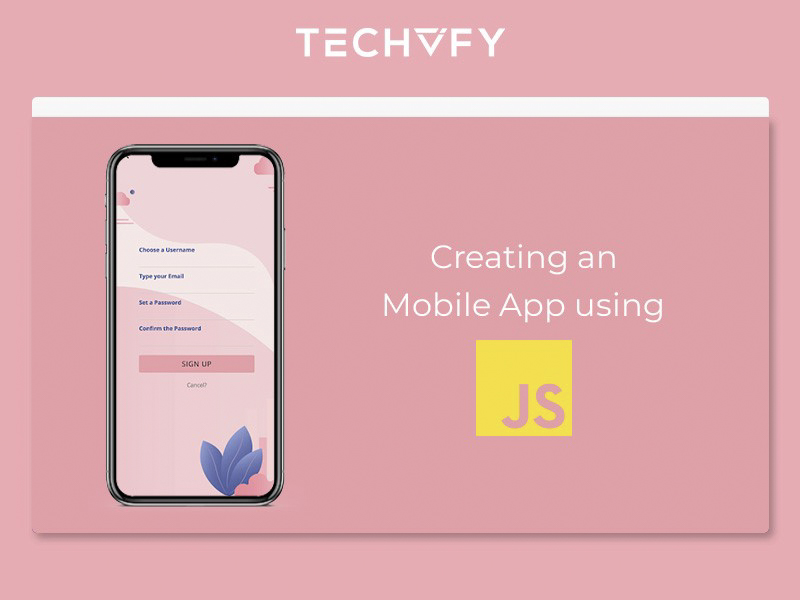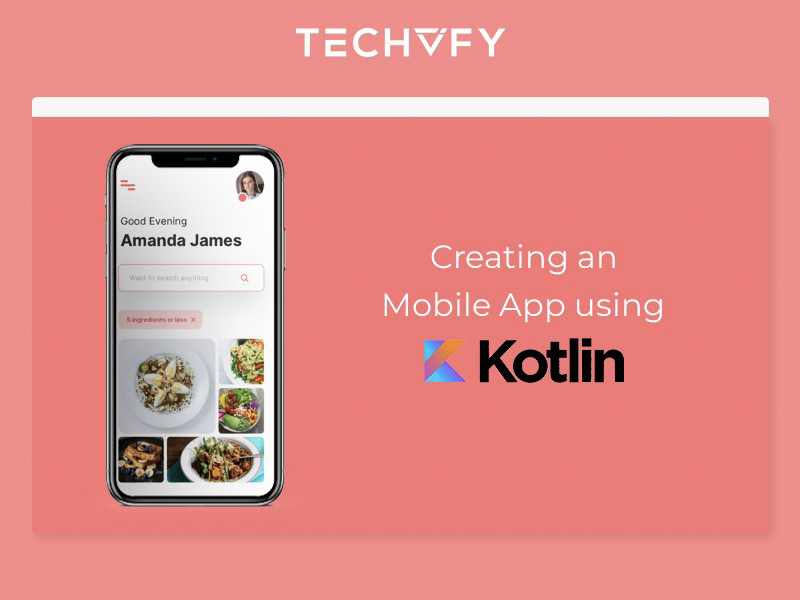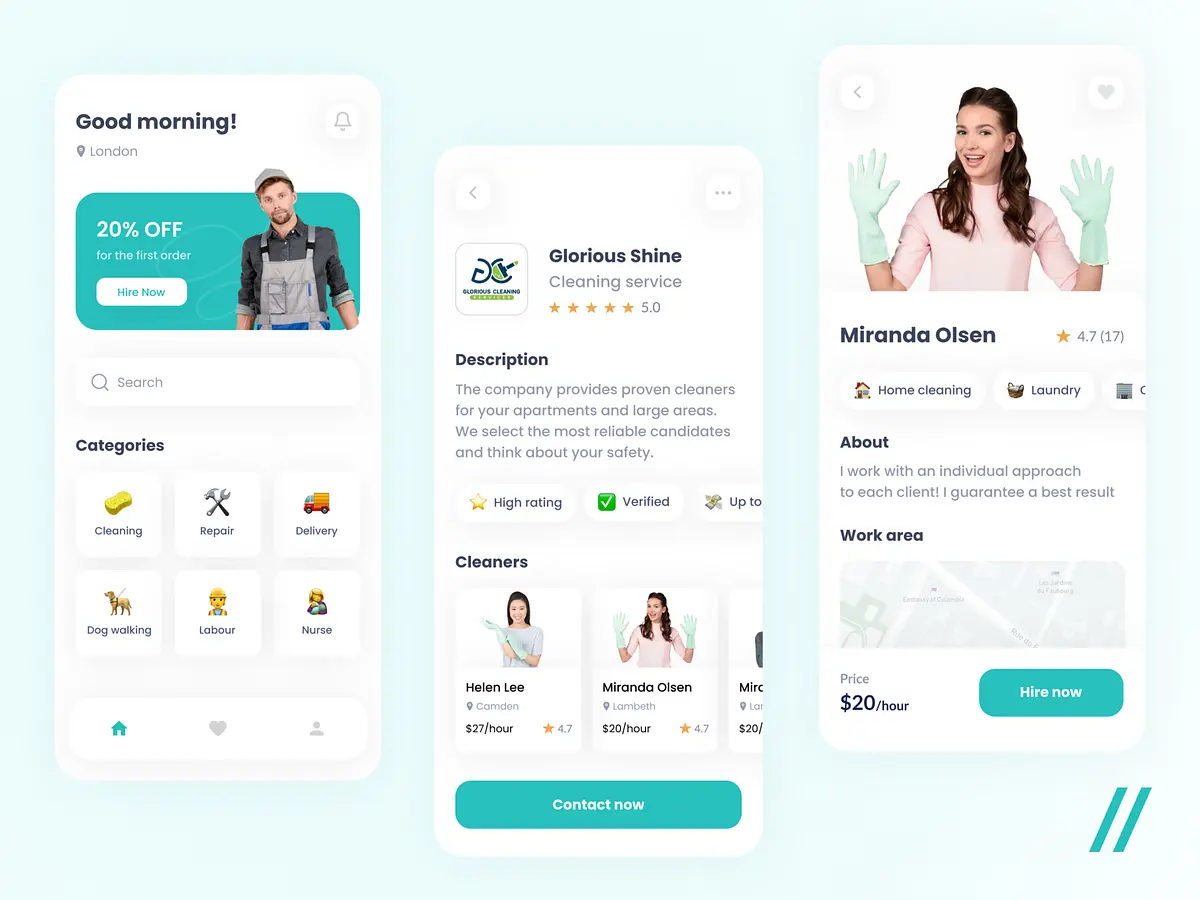Top 5 Programming Languages for Mobile App Development


Today we’re going to take a look at the top 5 programming languages for mobile app development that many mobile app developers have been using for their working process. What are their pros and cons? Let’s find out!

Javascript
Javascript is considered to be one of the best programming languages for mobile app development that have been widely applied for cross-platform app development.
As of Thu, my co-worker usually says: “As long as the Internet remains as strong as it is today, JavaScript will still be the best language out there.”
What are the Pros?
What are the Cons?
Learn more:

Kotlin
Many people claim Kotlin as an upgraded version of Java, believed to be one of the most interesting. It’s been used for some of the most popular Android apps due to the increase in performance.
What are the Pros?
What are the Cons?

C++
C++ is one of the mobile app development languages used to improve Android apps and native app development, specifically in developing mobile games, bank apps, and GUI-based applications.
It’s also considered another mobile app development language that has shown high-functioning performance.
What are the Pros?
What are the Cons?

C#
Also known as “C-sharp”. This is one of the most widely used languages that is widely used to develop high-performance and interactive game applications and is believed to be the best one to implement.
What are the Pros?
What are the Cons?

Python
Python does best at developing web applications, media tools, and desktop apps. Therefore, among other languages, it’s the most recommended by many developers.
Many popular apps that have been used by a lot of people around the world, such as YouTube and Instagram, use Python as their main programming language. This language provides outstanding library support, high capability of control, and strong integration.
What are the Pros?
What are the Cons?
If you want to learn more about other mobile app development languages, follow TECHVIFY because there are even more to come!!!


Table of Contents1. JavaScript2. Kotlin3. C++4. C#5. Python Technological advancements are paving new paths for companies across different sectors, and the logistics industry is no exception. According to a survey by Gartner, 87% of supply chain professionals plan to invest in enhancing the resilience of their platforms. Logistics encompasses a broad and complex array of processes that demand the utmost precision and continuous optimization. Companies can automate and streamline these processes through software product development, significantly boosting efficiency. In this article, we will delve into the realm of logistics software development, exploring its key features and technologies. We’ll also walk…
26 July, 2024

Table of Contents1. JavaScript2. Kotlin3. C++4. C#5. Python The technology sector is advancing at an unprecedented pace, and the HR landscape is evolving right alongside it. To attract top talent, HR professionals and organizations need to stay ahead of emerging technology hiring trends. This year, we are witnessing significant shifts in hiring practices that will redefine our understanding of the future workforce. According to a Microsoft study, the number of technology jobs worldwide is expected to skyrocket from 41 million in 2020 to an incredible 190 million by 2025. This highlights the tremendous growth and opportunities within the tech industry….
25 July, 2024

Table of Contents1. JavaScript2. Kotlin3. C++4. C#5. Python Customized software plays a major role in managing various tasks within the telecom industry. It is essential for allocating numbers to subscribers and managing networks through optimized and AI-enabled routing protocols. Additionally, it aids in detecting fraud with intelligent telecom software development solutions and maintaining detailed subscriber profiles, including comprehensive call recording reports. I. A Quick Look into the Telecommunication Industry The telecommunications industry enables the global exchange of information in the 21st century. Key players in this sector include cable and satellite companies, wireless operators, and internet service providers. These companies…
24 July, 2024


Thank you for your interest in TECHVIFY Software.
Speed-up your projects with high skilled software engineers and developers.
By clicking the Submit button, I confirm that I have read and agree to our Privacy Policy